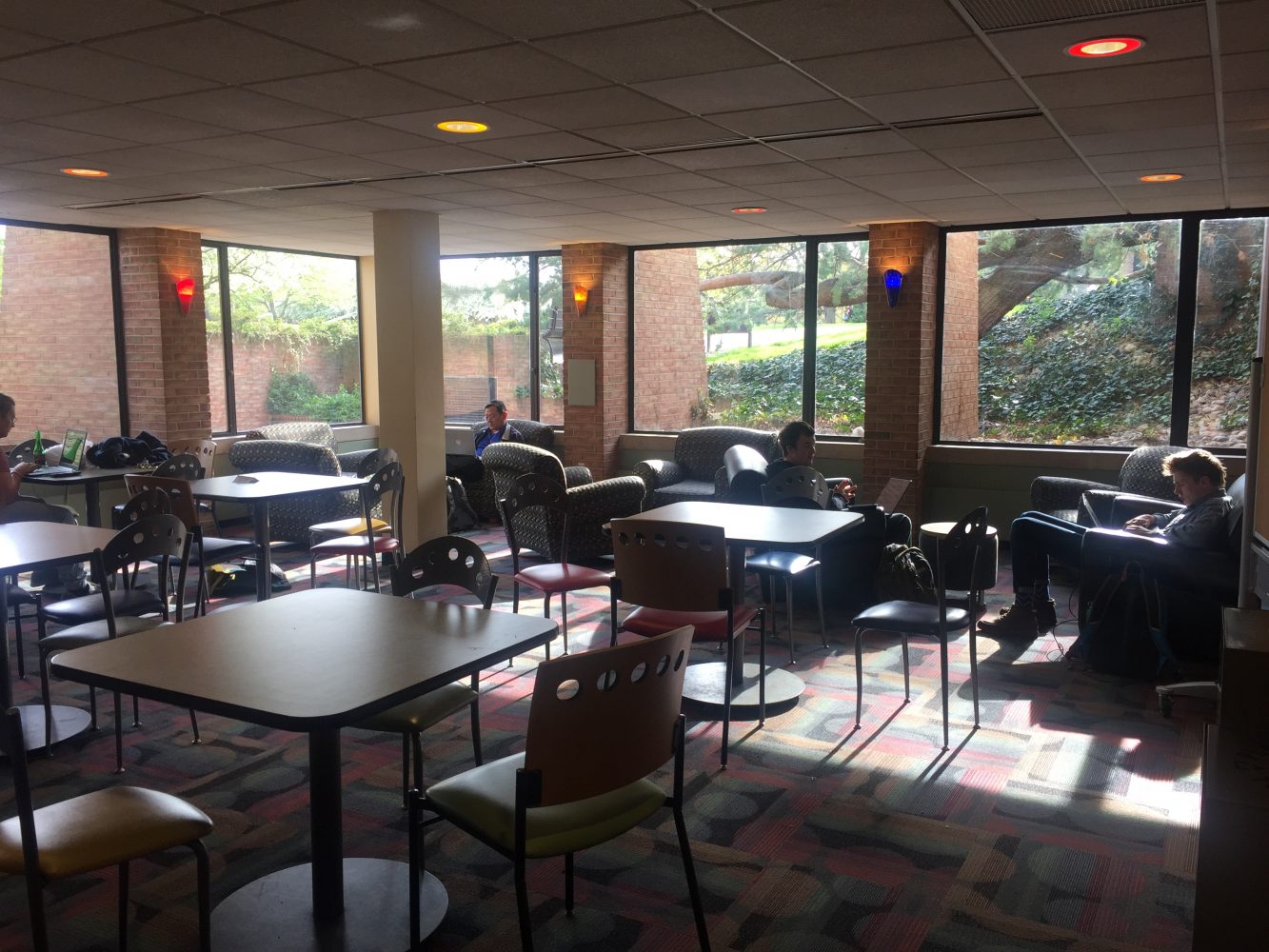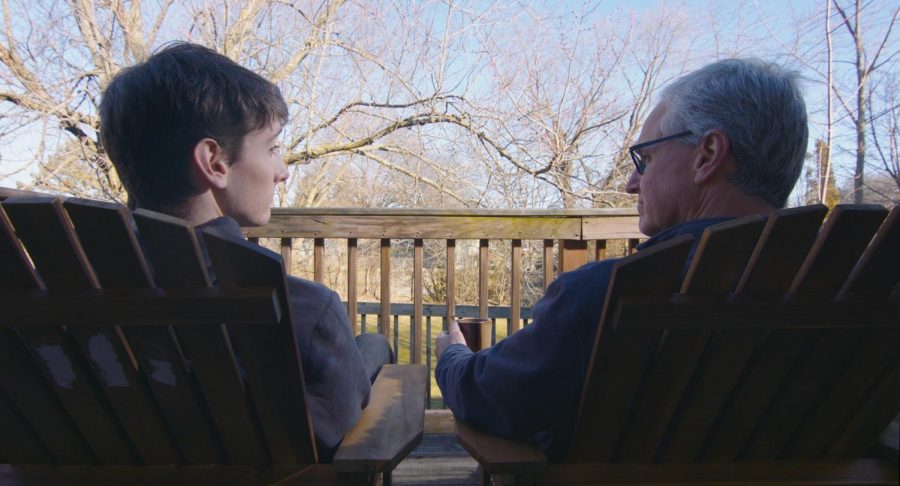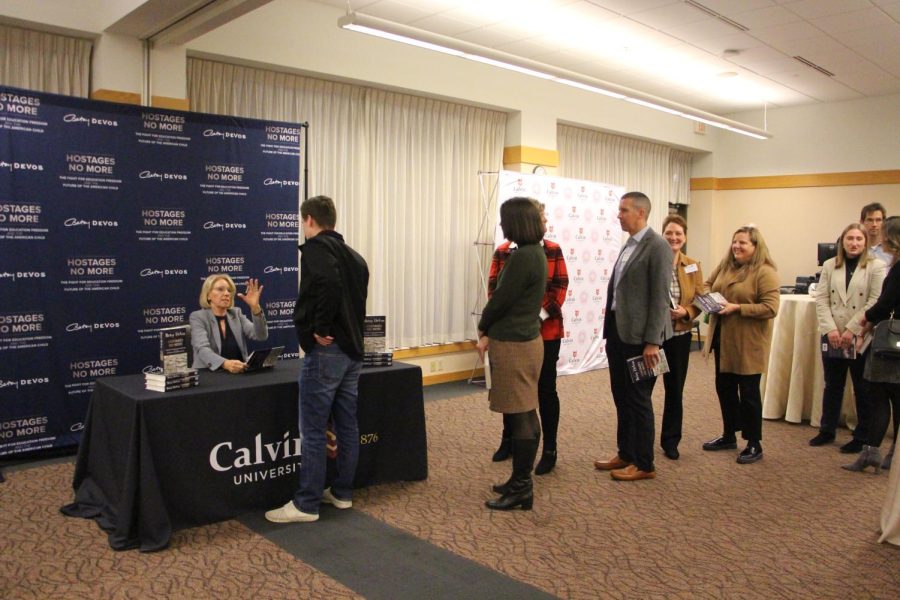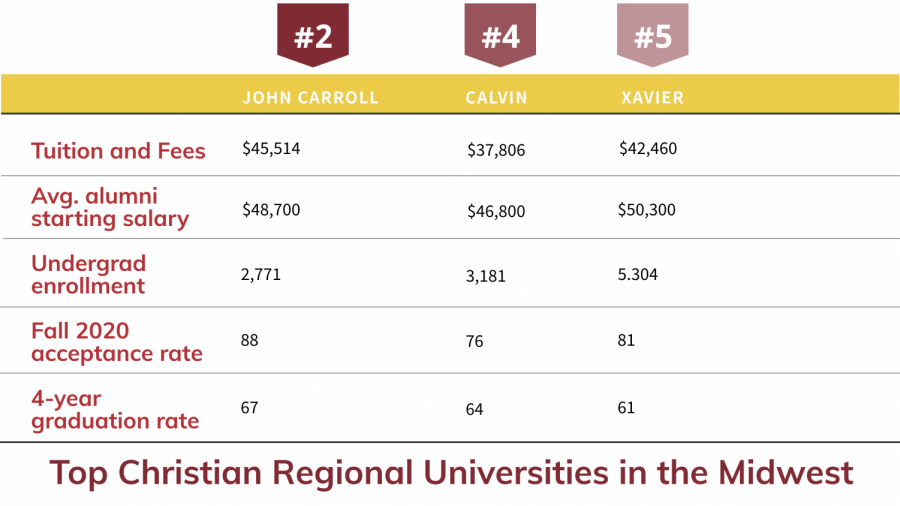According to student senate member Laura Harjanto, a first-year senator, commuter students have expressed a need for a designated study space.
First- and second-year students are normally involved in dorm activities. Commuter students have reported feeling neglected.
“Two of the things that [commuter students] said they needed most is community, because they feel like they are excluded from on-campus activities,” stated Harjanto. “And second is a place to rest between classes, because they can’t just go back to their dorms.”
The southwest corner of Johnny’s has been redesigned to fit these needs, now called the “Commuter Corner.” However, after a year-long process the corner is still only in its pilot phase.
In the original proposal, the space was intended to be walled-off, but extending the current walls and glass panels was deemed too permanent for something that may or may not be successful. Instead, a whiteboard was placed, meant to create a more closed off feel for the trial period.
“Instead of a permanent half-wall, a whiteboard can be used as an extension to the current barrier that separates the windowed area in Johnny’s (the space designated for Commuter Corner) from the rest of Johnny’s in order to build a temporary wall,” wrote Harjanto in her formal proposal.
The pilot project will extend into next year. This means the whiteboard will stay up, separating the corner from the rest of Johnny’s. There will be no permanent renovations until further conversation.
“The idea is that [the corner] will be reservable. So from I think 10:30 to 12:00 and 3:00 to 8:00 it will be reservable for commuters only. Otherwise it will be open to everyone.”
The area is specifically geared toward first- and second-year commuter students. As to whether or not upperclassmen commuters will be involved, Harjanto stated, “We’ll see about that. … We are still figuring it out.”
If the pilot project is successful, then the space may become a permanent spot for commuter students to study and rest. The proposed budget for the final project is $300-700.
“We will see whether the commuters actually use the space or not,” stated Harjanto.







